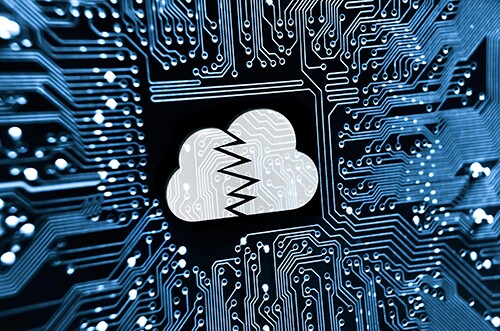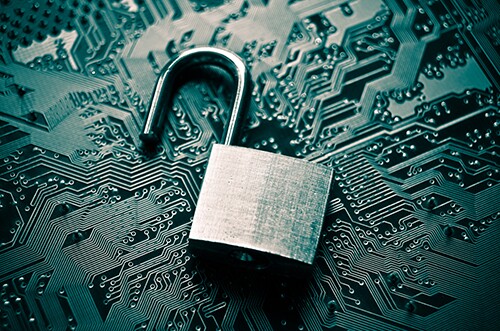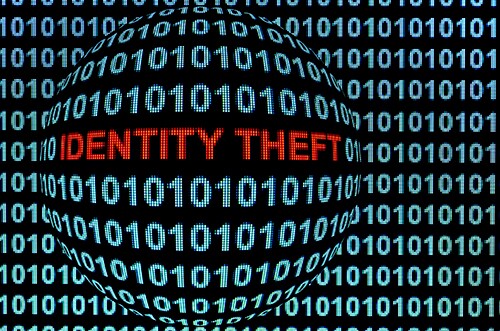10 Top Health Data Hacks
February 6, 2015 9:25 AM











A dedicated space to wellness can combat burnout and improve worker productivity.
A workplace expert shares how leaders can meet employees' new needs and expectations.
CareYaya matches vetted healthcare students with older adults, providing basic care and peace of mind.
With rising costs and limited employer support, working parents say reliable child care is critical to productivity, retention and career stability.
Understanding data and contracts, as well as advocating for healthcare partnerships and quality care, can lead to better financial outcomes for businesses.

A new report from WTW revealed that leave strategies remain top of mind for organizations looking to recruit and retain.